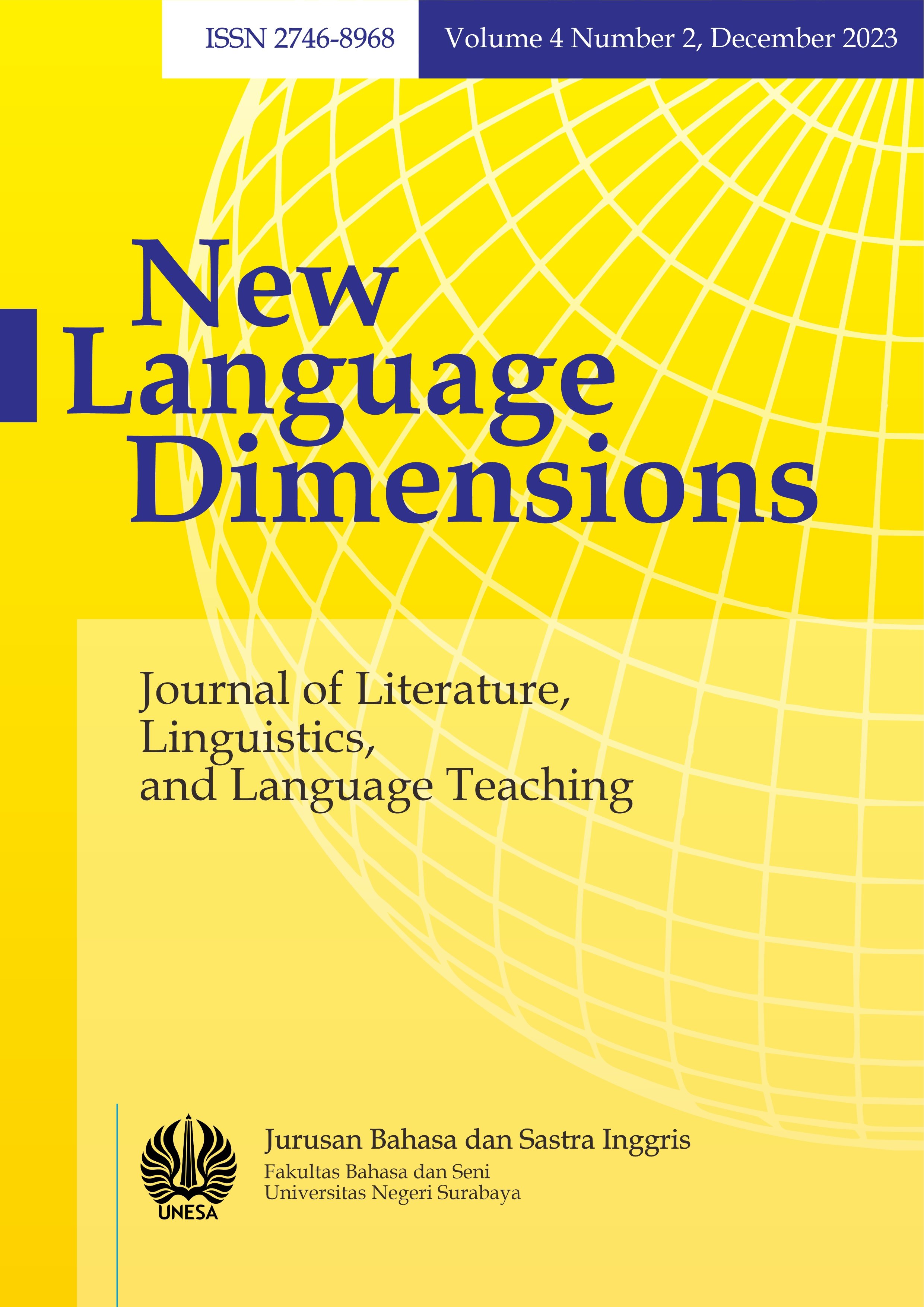Pre-service EFL Teachers’ Reflective Thinking Skills in Their Instructional Practices
DOI:
https://doi.org/10.26740/nld.v4n2.p139-152Keywords:
reflective thinking skills, English Language Teaching, pre-service teachers, pofessional teachersAbstract
Reflective skill is a component of 21st century learning and one of the main keys to become a professional teacher. However, pre-service teachers often have difficulty in reflecting their teaching and learning. Thus, this study aims to describe the reflective thinking abilities of pre-service English teachers in implementing their teaching practice. This research was a qualitative descriptive study. The research subjects in this study were 12 pre-service English teachers. The instruments used were observation of documents and interviews. The results indicate that pre-service English teachers tend to practice four reflective thinking skills that are reflection as retrospective analysis (ability to self-assess), reflection as a problem-solving process (awareness of how one learns), critical self-reflection (developing continuous self-improvement), and reflection on self-confidence. The most dominant reflective skill practiced is reflection as a problem-solving process. Meanwhile, testing internal consistency on problem solution become a difficult aspect to be fulfilled by the pre-service teachers. In brief, it is recommended that pre-service teachers should have more opportunity to practice their reflective thinking skills during the teaching and learning process in order to produce professional graduates who have high competitiveness and ability to face the challenges in the world of education.
Downloads
References
Dewey, J. 1998. How we think: A restatement of the Relation of Reflective Thinking to the Educative Process. Boston: Houghton Mifflin.
Hamid, M. (2011). Using Teacher- and Student-Developed Graphic Organizers as a Writing Tool. April.
Laeli, Anita F., Setiawan, S., & Anam, S. (2023). EFL Pre-service Teachers' Open Internet
Sutrisno, D., Bharati, D. A. L., Rukmini, D., & Fitriati, S. W. (2019). Applying Literature Circle to teaching Critical Reading in the EFL University Student. October. https://doi.org/10.2991/icas-19.2019.31
Downloads
Published
Issue
Section
 Abstract views: 242
,
Abstract views: 242
, PDF Downloads: 220
PDF Downloads: 220











